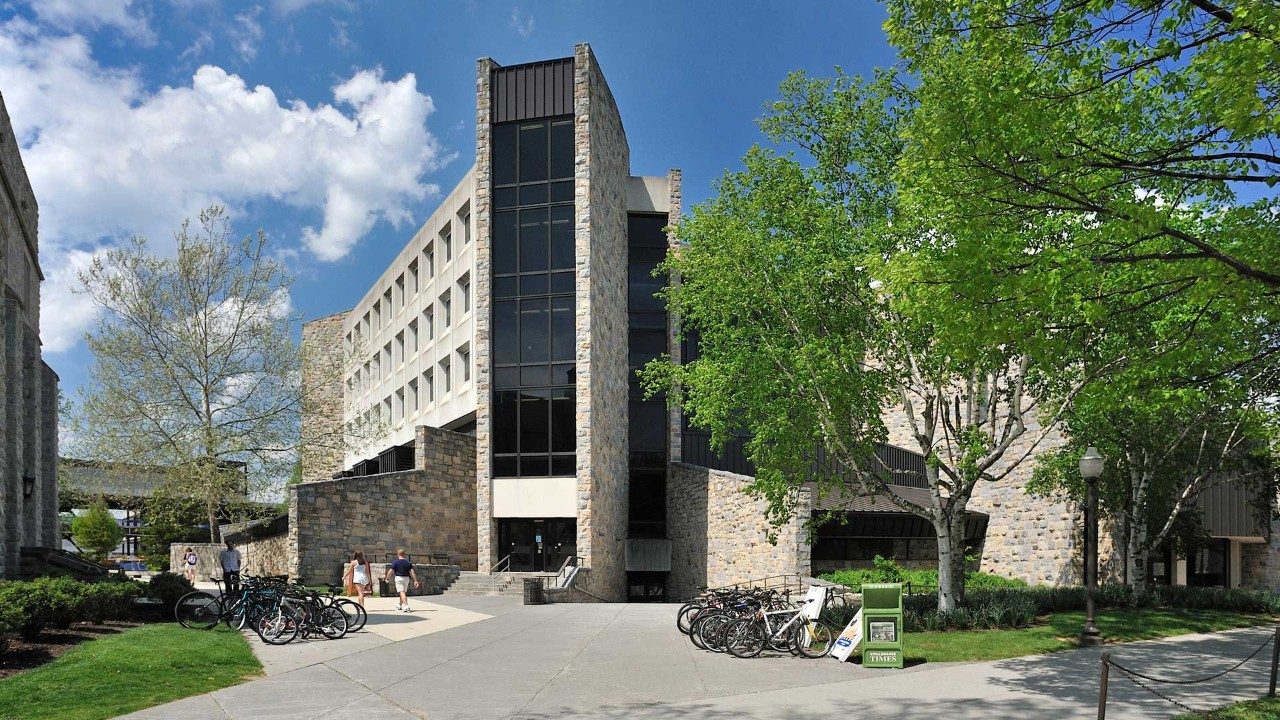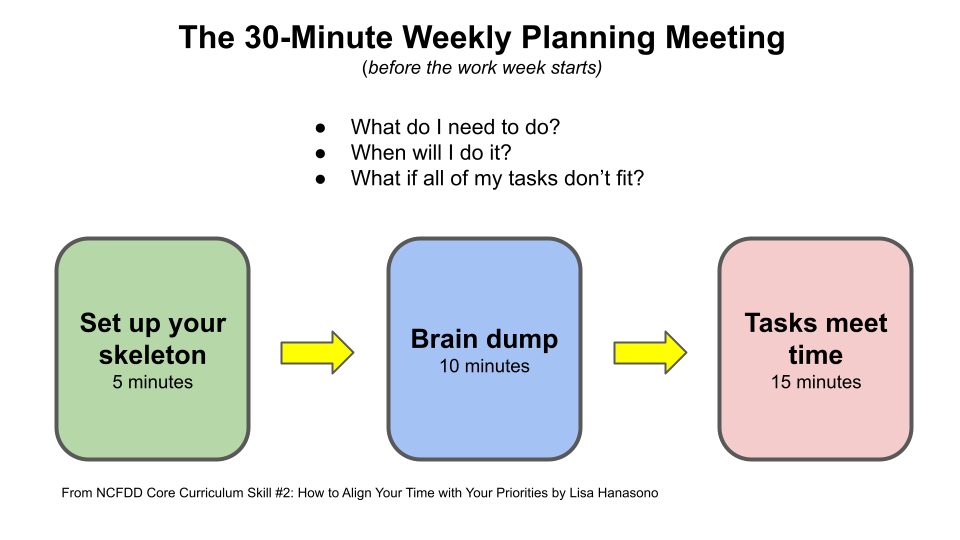Hi grads!
In our last SGTA seminar, we highlighted the crucial role of collaborating with peers in being successful during grad school. Here’s a summary of the key takeaways and strategies we discussed.
One of the central themes was the importance of forming and maintaining effective class groups. We encourage you to identify 1-3 peers to collaborate with closely. Forming these groups early in your graduate career and planning to take future courses together can enhance your mathematical learning. Establishing clear habits and norms with your group members—such as discussing lecture components promptly and being comfortable with seeking and offering help—can significantly boost your academic progress.
We also focused on mathematics-specific collaboration, like understanding theorems and solving homework problems. The seminar emphasized the value of producing canonical examples for key theorems and definitions, which are essential for testing and understanding new conjectures. When tackling homework, you should first work individually to get a sense for the content, then collaborate to discuss general concepts and problem-solving strategies, rather than just specific steps. This approach fosters deeper understanding and better prepares students for solving novel problems in the future. Plus, your peers will appreciate that you’ve put in the work before meeting with them.
We also discussed ways to effectively collaborate on your GTA assignments. Often, students teaching the same course will agree to meet to write a test or homework assignment without preparing problems or strategizing about important content ahead of time. We recommend that you meet ahead of time to ensure that your values and objectives for the assignment are aligned – it is difficult to collaborate with someone who has a wildly different notion of the purpose of homework than you do! You should also agree on what content is important to cover in the assignment, and whose responsibility it is to write which problems. By dividing tasks and then coming together to finalize the work, you can leverage each other’s strengths and improve the quality of your assignments.
Organizing reading groups is a great way to delve into more complex mathematics. You can reach out through the grads GroupMe or the grads listserv about starting a potential reading group. Once you’ve found collaborators, it is important to establish a formal, consistent meeting time. You may also wish to form a peer support group of 3-5 people to discuss goals, accomplishments, and struggles. Talk to Chi Ngyuen about joining a SUBgroup for first year grads! These are nationally formed groups that meet a few times a semester to support first year mathematics students.
Finally, attending to equity in collaboration is critical. We suggested using tools like GroupMe or other group chats to facilitate communication and ensure that everyone has access to peer support when they need it. We also noted that everyone has a responsibility to make sure your peers’ contributions are heard and valued. We recommend regularly checking in on how each member is feeling about the collaboration and inviting others who are less bold in sharing their ideas. This will help to foster an inclusive and productive environment.
Basically, collaboration is the cornerstone of your success in graduate school. By forming effective class groups, working together on challenging coursework, and engaging in structured reading and peer support groups, you can enhance your learning experience and academic performance. Ensuring equitable access and valuing each other’s contributions are also crucial for a productive collaborative environment. Embracing these strategies will not only improve your academic journey but also prepare you for collaborative work in your future professional endeavors.



